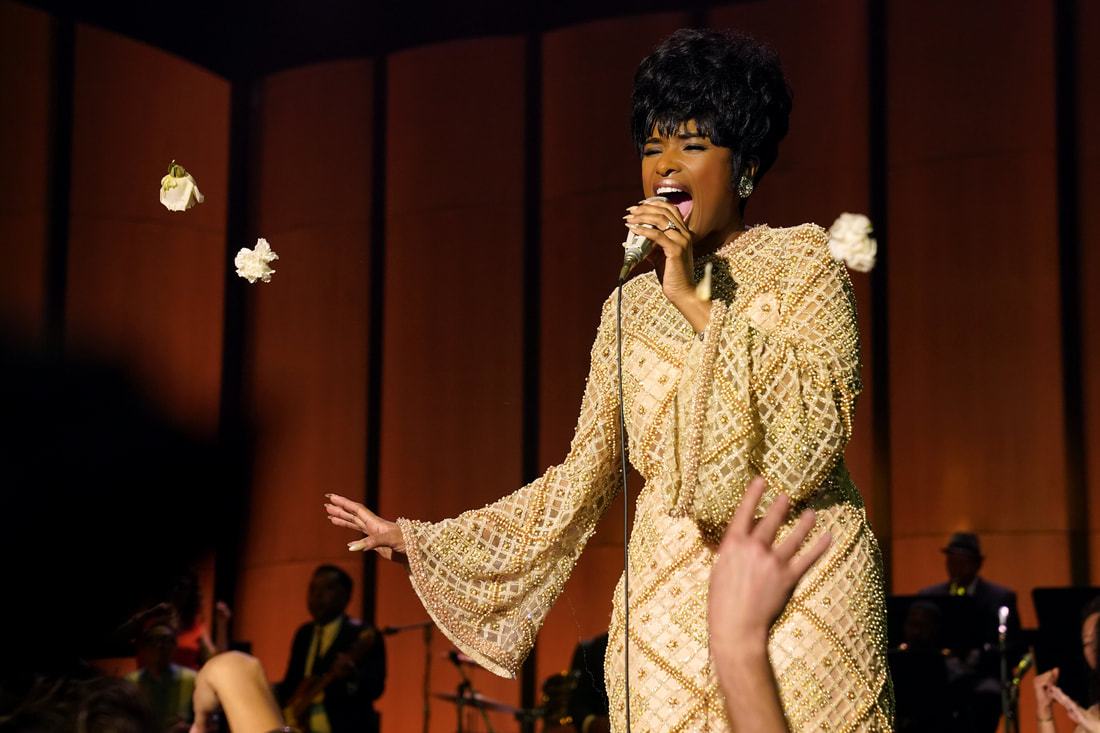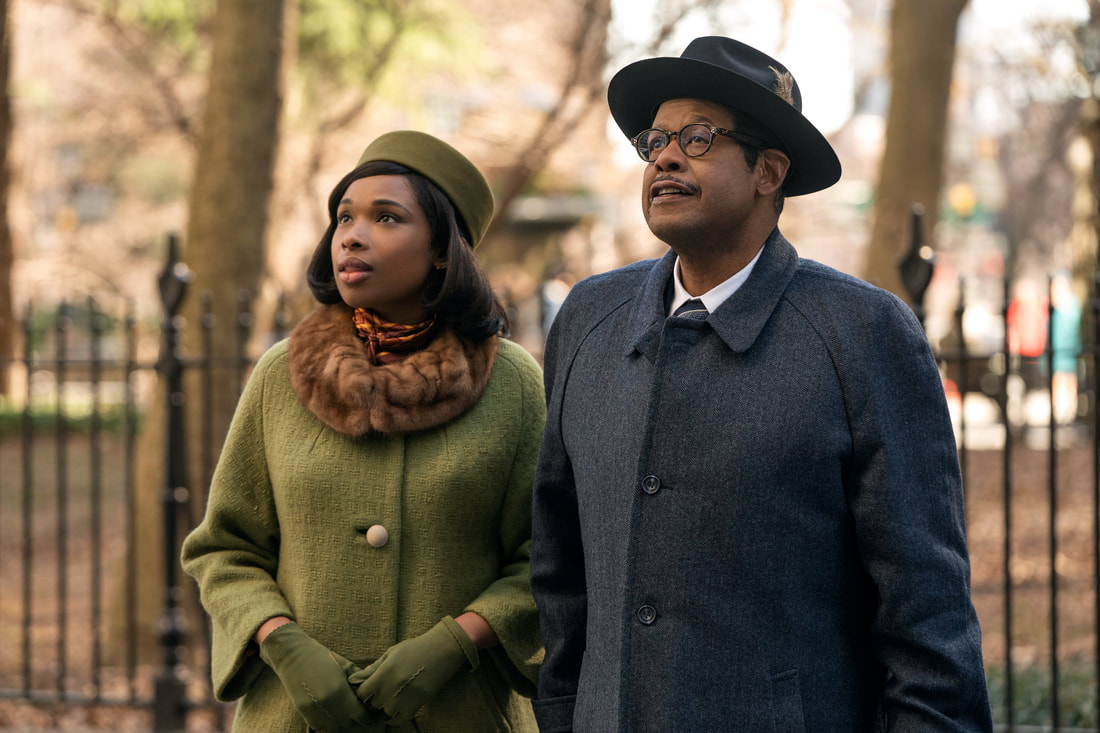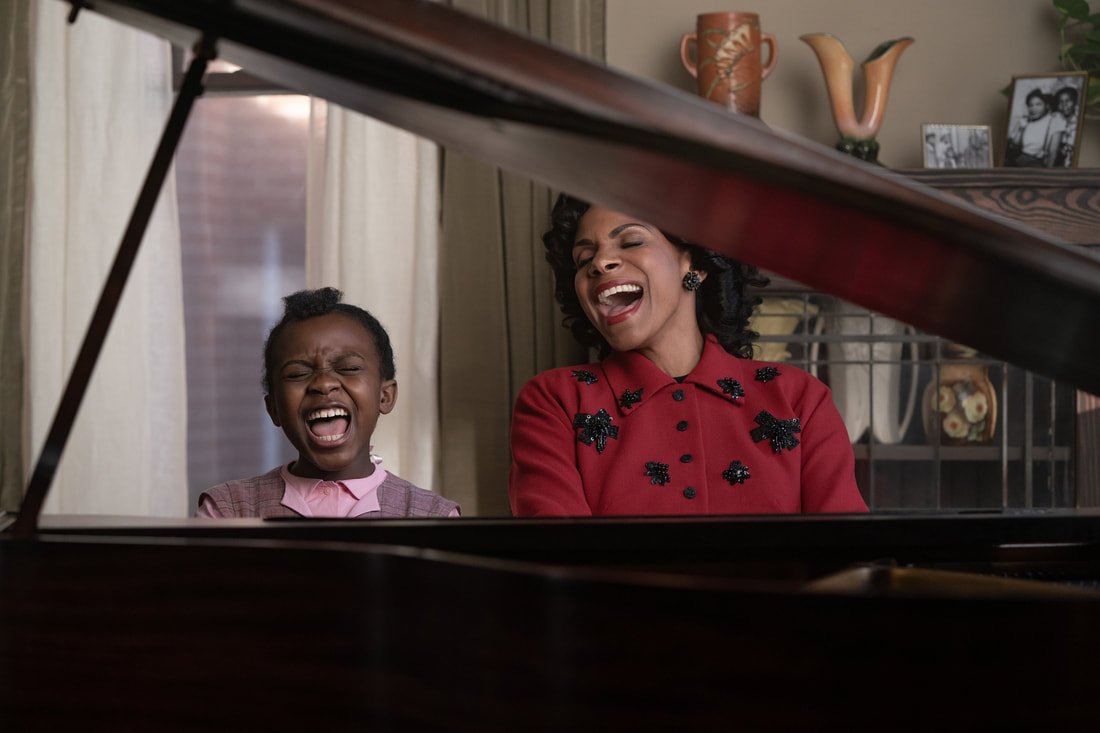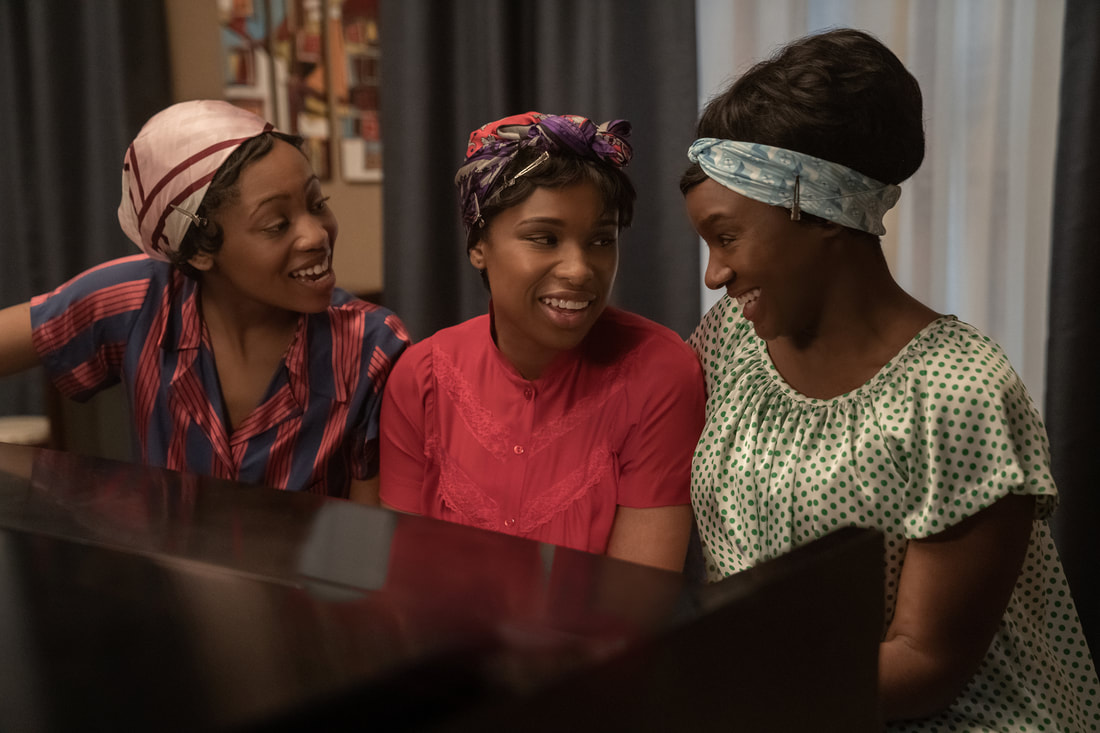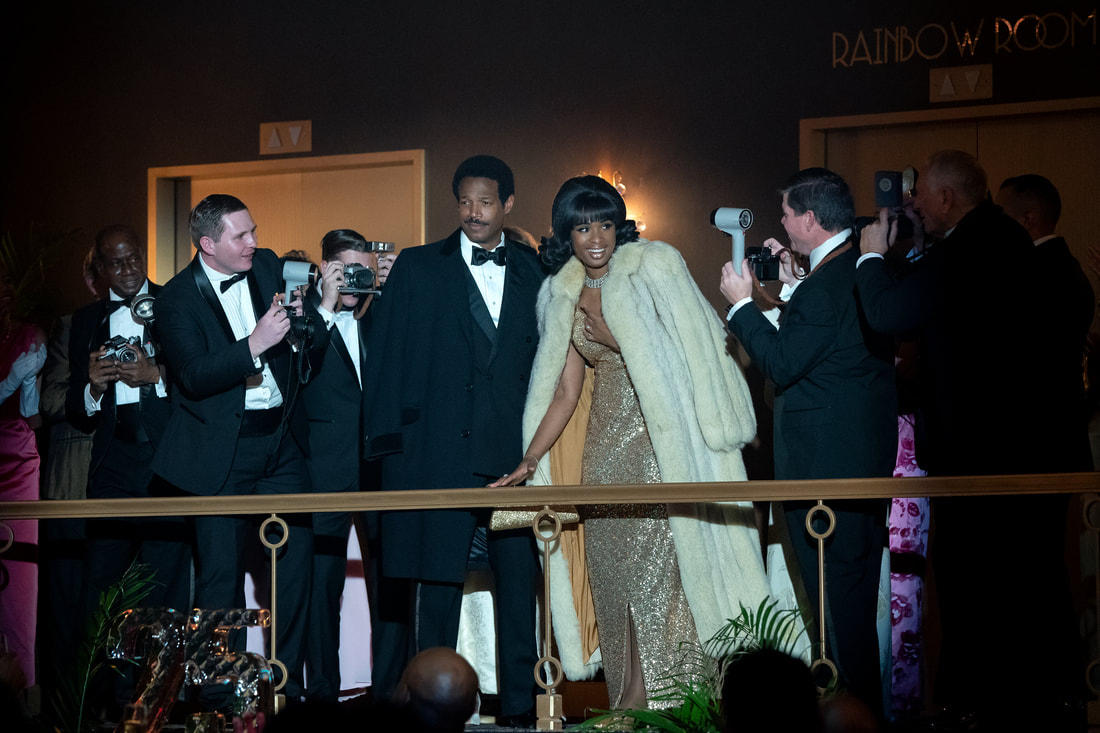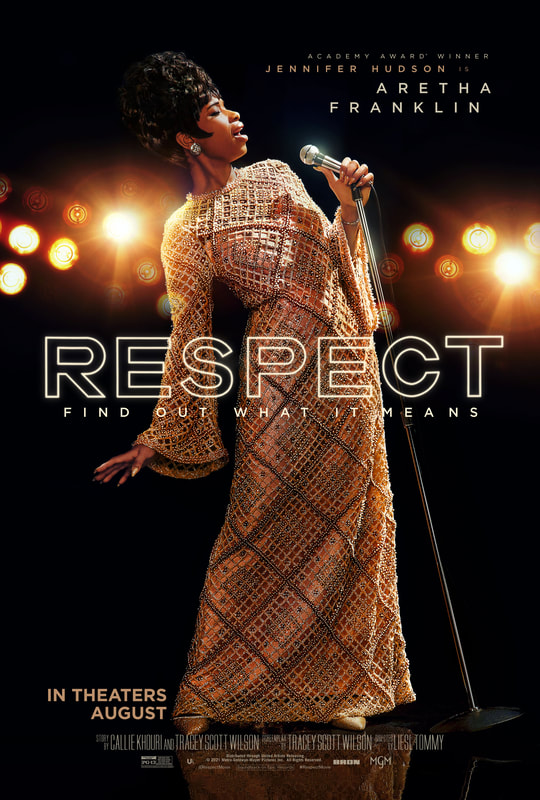|
Originally published on Elements of Madness. Great performers like Aretha Franklin are remembered for much more than their God-given talents. They’re also remembered for their ability to connect with their audience. A good performer will practice and train for years to master their craft, but a great performer will draw on their life experiences to add meaning and depth to their music. Aretha Franklin certainly lived through a full range of human experiences, and she had plenty to share with her audience. So, when Jennifer Hudson took on the challenge of portraying the Queen of Soul in Respect, she did everything she could to capture Aretha’s spirit in a genuine and honoring manner. This fun, flashy, and entertaining musical biopic directed by Liesl Tommy is now available to own on digital, Blu-ray and DVD. The Blu-ray/ DVD combo pack includes five behind-the-scenes featurettes that give us a brief look at the work that went into making the movie. Respect is an exciting and vibrant musical journey that’s bursting with talent. But even with a dedicated lead actress, a goldmine of supporting actors, dazzling sets, and colorful costumes, Respect doesn’t fully capture the dynamic experiences of Aretha’s life. Hudson’s efforts to portray Aretha as a real and authentic person get lost in the shuffle of Hollywood genre conventions. As a result, Respect is more distancing than enlightening. Hudson is joined by an impressive supporting cast that includes Forest Whitaker, Marlon Wayans, Tituss Burgess, Audra McDonald, Marc Maron, Heather Headley, and Mary J. Blige. As these and other recognizable names pop up on screen during the opening credits, we watch a young Aretha Franklin as she wanders through a crowd of talented and important people who have gathered at her father’s house for a Saturday night party in 1952. But even as she passes Dinah Washington and “Uncle Martin” (Martin Luther King Jr.), 10-year-old Aretha isn’t struck speechless by the famous faces around her. This young celebrity-to-be, portrayed by the talented and captivating Skye Dakota Turner, lights up the room with contagious joy. Turner’s performance, combined with Kramer Morgenthau’s thoughtful cinematography, paints a picture of warm childhood memories filled with laughter, light, and music. But no one’s childhood is all sunshine and roses. Respect is so energetic and upbeat that when childhood tragedy does come along, it feels rushed and misplaced. Like most biopics, Respect only has time for a condensed version of Aretha’s childhood, which has been altered to create cinematic impact. Herein lies the main issue with Respect: it tries to cover too much too fast. The movie begins in 1952 and ends with the recording of Aretha’s first gospel album, “Amazing Grace,” in 1972. 20 years may not seem like a long time, especially since Aretha lived to be 76, but a lot happened during those 20 years, and two and half hours just isn’t enough time to cover everything. Respect depicts several different phases of Aretha’s life. It portrays her as a passionate activist in one scene and a troubled diva in the next, but there’s no transition to help us understand what was going on inside her head as she went through that change. It’s natural and realistic for people to change throughout the course of their lives, but when all those life phases are squeezed together in a feature film, they come across forced and unnatural. The script continuously mentions inner demons that haunted Aretha throughout her life, but when it comes to actually exploring how those inner demons affected Aretha’s journey, the plot only scratches the surface. In one scene, Aretha tells a reporter, “I’m still trying to figure out who I am. I’m not sure yet. I’m trying to find the answer.” The problem is, by the end of the movie, we’re not really sure who Aretha is either. As the memory of Aretha gets lost in all the Hollywood glitz and glam, so does Hudson’s performance. Director Liesl Tommy and cinematographer Kramer Morgenthau missed out on several great opportunities to showcase Hudson’s work. While Hudson gets to show off with loud and energetic performances during the musical scenes, she mostly captures Aretha’s spirit through subtle expressions. There are a few isolated shots in the first half of the movie that capture Hudson’s performance just perfectly. We glimpse Aretha’s hopeful ambition in Hudson’s starlit eyes as she watches her father shake hands with her first producer. We can later see her trying to suppress unresolved trauma as she fights back tears after her father humiliates her in front of that producer. But there are many more scenes, like when Aretha meets the Muscle Shoals band, in which Hudson is just another figure on screen rather than the subject of the cinematography. It’s really a shame, especially considering the amount of time Hudson spent preparing for the role. The Blu-ray/DVD featurette “Becoming Aretha” tells us a little bit about that prep work, showing clips of Hudson’s sessions with dialect instructors and movement coaches. She even learned to play the piano just so she could portray the Queen of Soul. Still, it’s impossible to feel down while watching Respect. The plot is rushed and leaves us with an unclear picture of who Aretha really was, but the production design, individual performances, and music are a terrific tribute to her life. The songs are perfectly timed to highlight meaningful moments in Aretha’s relationships and career, helping us appreciate her music even more. Respect is a flashy musical flick with ambitions as large as Aretha’s voice, and it’s certainly fun and entertaining. While the Blu-ray/DVD featurettes are brief, they do offer a few interesting tidbits about the making of the movie.
0 Comments
Leave a Reply. |
"Our embodied spectator, possibly perverse in her fantasies and diverse in her experience, possesses agency...finally, she must now be held accountable for it." Categories
All
|

